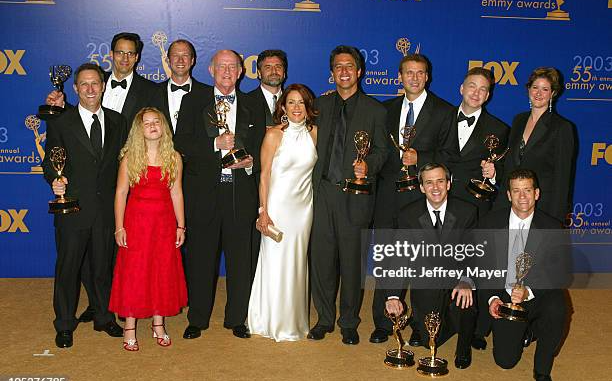
Everybody Loves Raymond is widely regarded as one of the greatest sitcoms of all time, and its humor plays a major role in that. The show, which aired from 1996 to 2005, expertly blended observational humor with character-driven comedy, drawing laughs from everyday family scenarios that viewers could easily relate to.
At its best, Everybody Loves Raymond uses humor to explore complex family dynamics—what makes us laugh, what frustrates us, and what keeps us coming back for more. In this article, we’ll take a closer look at how the humor in Everybody Loves Raymond works and why it’s so enduring.
Everyday Situations, Hilariously Relatable
The humor of Everybody Loves Raymond often arises from the most ordinary aspects of family life. Whether it’s the frustration of trying to get a toddler to eat vegetables or the awkwardness of a family gathering, the show finds humor in the situations that we all experience but rarely see reflected on television.
Raymond’s constant struggle to balance his wife Debra’s needs with the demands of his meddling parents, Marie and Frank, is a source of endless comedy. The show also brilliantly explores the absurdity of family dynamics—those moments where the smallest disagreements escalate into full-blown arguments, and then settle down just as quickly.
The Characters: Perfect Vehicles for Comedy
The strength of Everybody Loves Raymond lies in its characters. Each member of the Barone family is a unique, fully realized character with their own quirks and flaws, which provides endless material for comedy.
Raymond, as the somewhat self-centered, oblivious protagonist, often finds himself caught in situations where his attempts to please everyone result in chaos. Debra, his wife, balances his self-absorbed nature with her no-nonsense attitude, creating a comedic contrast that resonates with many married couples.
Then there’s Marie, Raymond’s doting, controlling mother, whose well-meaning interference causes countless comedic moments. Frank, her gruff, sarcastic husband, brings a darker comedic edge, especially in his deadpan humor and emotionally distant relationship with his children.
Finally, Robert, Raymond’s older brother, provides a hilarious foil to Raymond’s success, often seeing himself as the neglected sibling. Robert’s over-the-top reactions to his brother’s achievements, combined with his own personal insecurities, make for some of the most memorable comedic moments.
The Power of Timing and Delivery
Everybody Loves Raymond’s humor is also rooted in its impeccable timing and delivery. The show’s writers and actors have an incredible ability to pace jokes and dialogues, ensuring that even the simplest line lands with maximum comedic effect. Ray Romano’s dry delivery, Patricia Heaton’s witty comebacks, and Brad Garrett’s exaggerated expressions all contribute to the show’s unique comedic style.
The physical comedy also shines through in Everybody Loves Raymond. Whether it’s Raymond’s awkward attempts to avoid conflict or Marie’s insistence on controlling every aspect of family life, the physical humor adds an extra layer of fun to the proceedings.
Conclusion
The humor in Everybody Loves Raymond continues to stand the test of time because it taps into universal truths about family life. The show is at its funniest when it explores the relatable, sometimes ridiculous, dynamics that exist in every family. From Raymond’s witty one-liners to the absurd situations that arise from his interactions with his parents and wife, Everybody Loves Raymond is a masterclass in family comedy.
